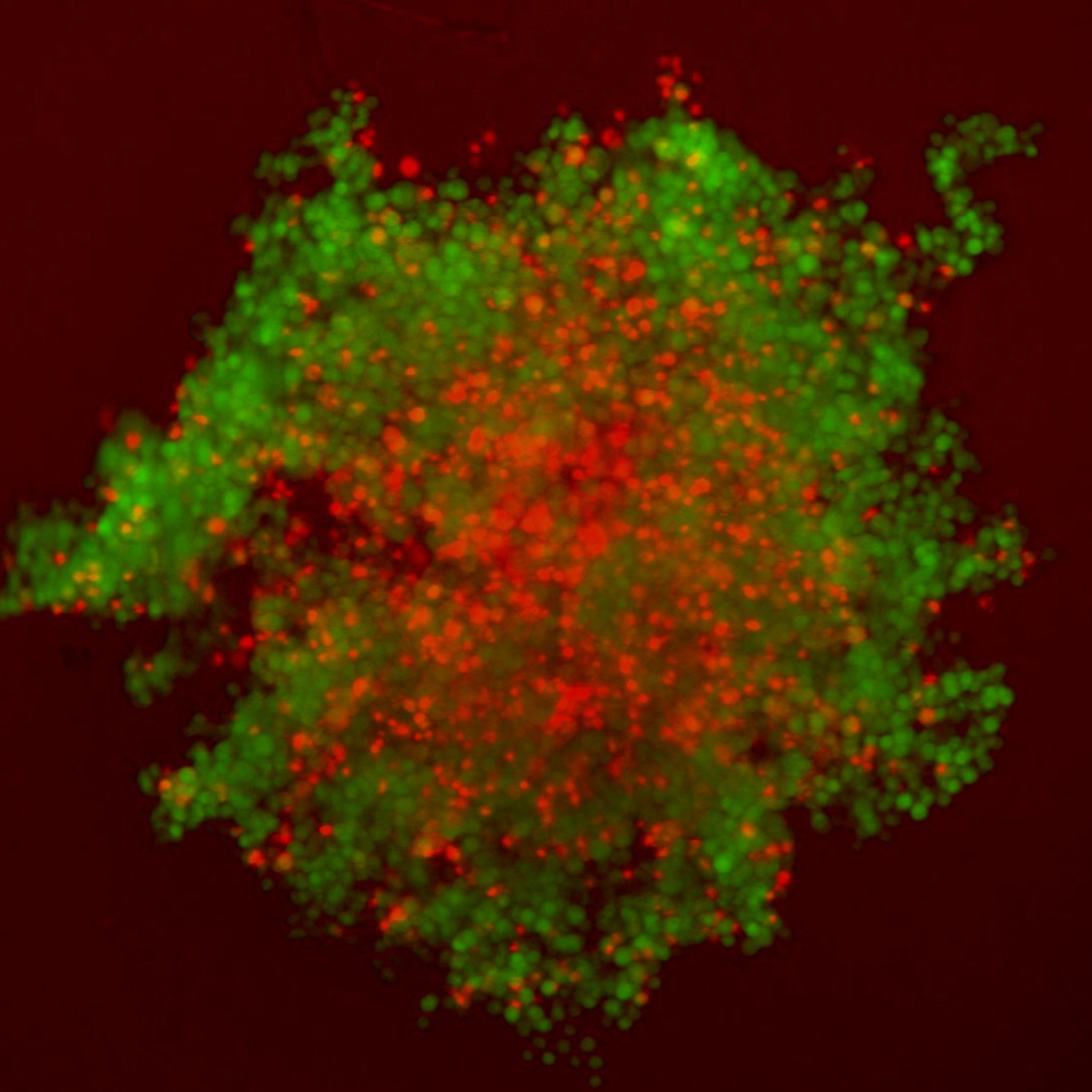 Identification and development of new pharmacological compounds and strategies for cancer treatment remains top priority for biomedical research. Unfortunately, anti-cancer therapy is often unsuccessful and although some novel treatments have emerged in the recent years, there is a clear need for improved.
Identification and development of new pharmacological compounds and strategies for cancer treatment remains top priority for biomedical research. Unfortunately, anti-cancer therapy is often unsuccessful and although some novel treatments have emerged in the recent years, there is a clear need for improved.
Cancer cells differ from normal cells in several key biological characteristics as described in the renowned paper “The Hallmarks of Cancer” and Recently, metabolic reprogramming in cancer cells has been recognized as a new Hallmark. In fact, metabolic alterations in cancer cells were already recognized in 1920s, when Nobel laureate Otto von Warburg observed, that tumor cells maintain glycolysis even under normoxic conditions (Warburg effect). These observations were later largely disregarded or forgotten, until they were recently “rediscovered”. The re-emergence of interest in cancer metabolism opened entirely new area of research in cancer biology and oncology. Emerging data indicate that metabolic alterations in cancer cells offer the possibility – for novel therapeutic approaches that selectively target cancer cell metabolism.
Our group is focused on understanding the molecular mechanisms that link alterations in energy metabolism to reduce or enhance susceptibility of cancer cells to anti-cancer drugs. Furthermore, we are trying to explain the effects of drugs that are already approved for the therapy of non-neoplastic conditions, but that may exert anti-cancer effects via modulation of metabolic pathways. This may lead to novel therapeutic strategies that will promote reprogramming the energy metabolism and, concurrently, increased susceptibility to existing chemotherapeutic modalities.